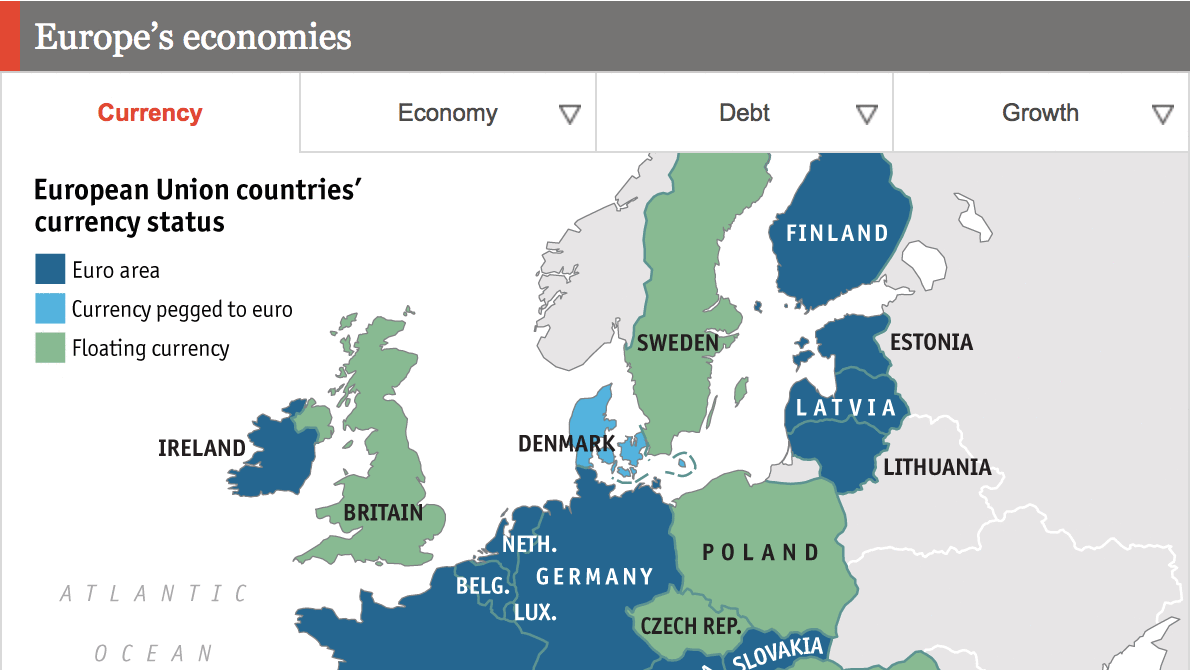AfricaPress-Tanzania: THE euro area economy is for once set for a sprightlier recovery from crisis than the U.S., thanks to starkly different responses to the coronavirus.
America’s failure to get a grip on the pandemic is putting the brakes on its rebound compared with Europe, where many former virus hot spots managed to resume economic activity without causing a similar surge in infections.
Crucial for a sustainable recovery is confidence that the virus is no longer out of control, and Europe’s relative success may help encourage shoppers to spend and businesses to invest, further propelling demand and growth.
The region has also done a better job of protecting jobs and incomes, at least for now, with furlough programs keeping millions of workers on payrolls.
According to JPMorgan Chase & Co., Europe will do better because it has “broken the chain” that links mobility and the virus.
Goldman Sachs Group Inc. has cited effective virus control as one reason it expects a “steeper and smoother rebound in the euro area than elsewhere.”
“It’s very clear that the euro area turned down more sharply but we also expect it to bounce back more sharply,” said Jari Stehn, chief European economist at Goldman Sachs.
“It’s pretty rare that the euro area would outgrow the U.S. over a horizon of one to two years.”
Since 1992, the U.S. has outperformed the euro area in all but eight years, according to IMF data. Although the euro area managed to grow when the financial crisis hit in 2008 and the U.S. shrank, in 2009 the U.S. contraction of 2.5% was far shallower than the euro area’s 4.5% .
Aggressive lockdowns mean the euro area is set for a sharper second-quarter contraction than the U.S., something that will be seen in GDP figures due this week. The euro-area economy probably shrank 12% in the three months through June, according to a Bloomberg survey.
The U.S. contraction, on an annualized basis, is forecast to be 35% , or a roughly 10% decline quarterover- quarter. But high-frequency data suggest Europe is on the mend faster, and Bloomberg Economics estimates that the lead has widened recently.
“Having been hit hardest it’s pretty impressive that we think that Europe will recover more fully,” said Bruce Kasman, chief economist at JPMorgan.
“They’ve broken that link — the mobility numbers are going up” without a resurgence of the virus, thanks to better contract tracing, mask-wearing and social distancing measures, he said.
JPMorgan expects the euro area’s economy to shrink 6.4% this year, slightly worse than the 5.1% contraction seen for the U.S. But for 2021, the bank forecasts a 6.2% rebound for the euro area, more than double America’s 2.8 % growth.
In the U.S., a jump in cases across the South and West has led several states to halt or even reverse reopening plans.
Measures of mobility and restaurant bookings have plateaued, and more than 1 million applications for unemployment benefits continue to be filed each week.
Meanwhile, euro-area purchasing managers indexes jumped more than forecast in July, while numbers for the U.S. came in lower than expected, especially for services, which make up a much larger part of the economy than manufacturing.
The U.S. economic situation could worsen if lawmakers don’t extend in some form the extra $ 600 per week in unemployment benefits that have supported incomes and spending in recent months.







